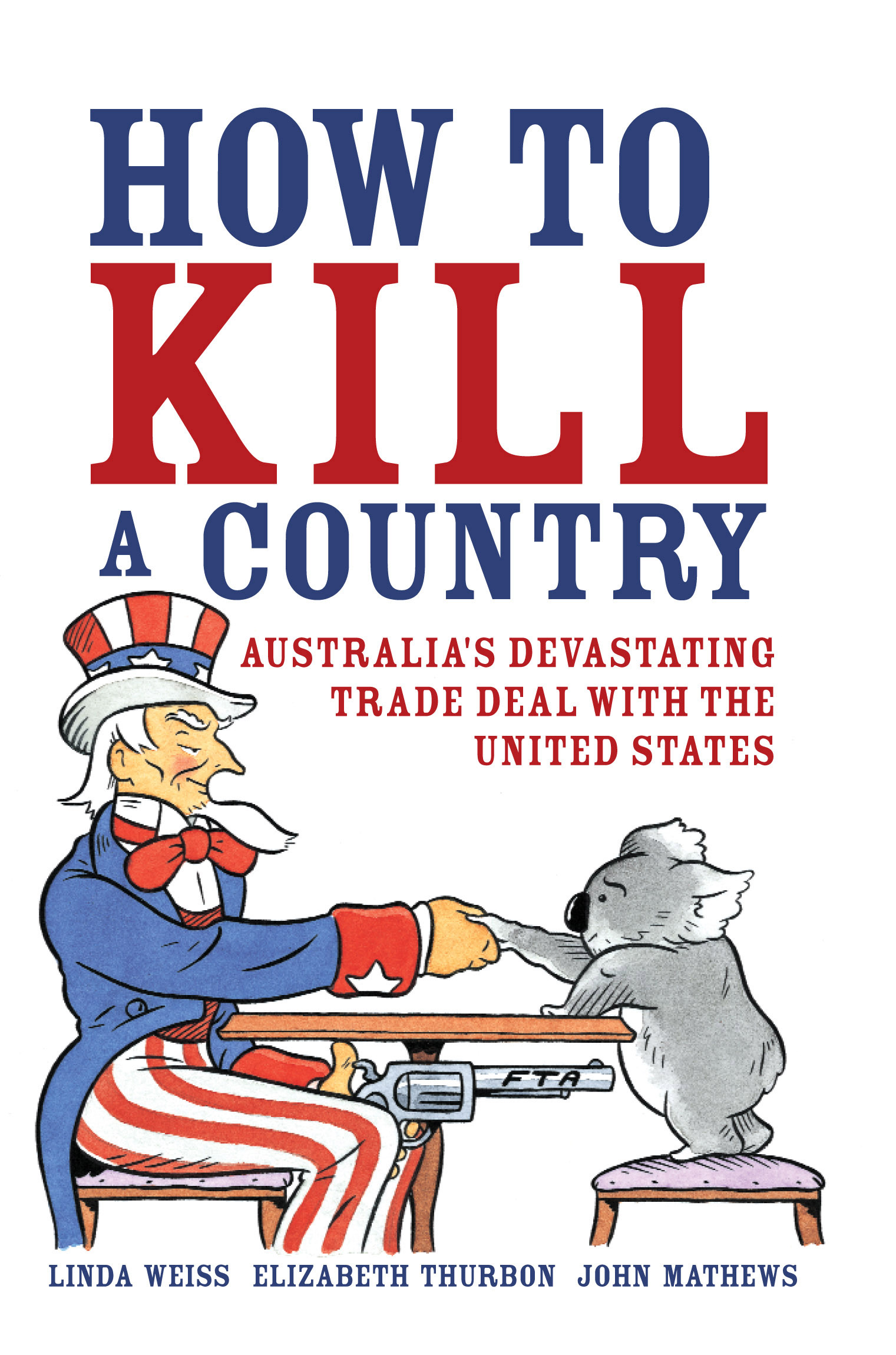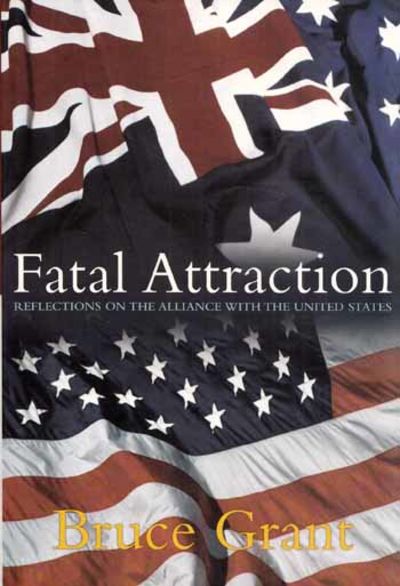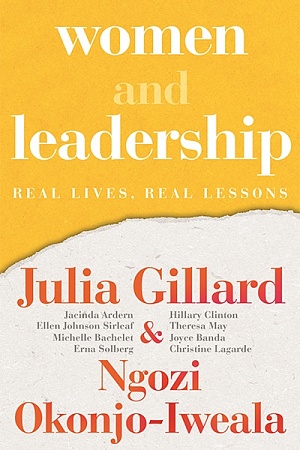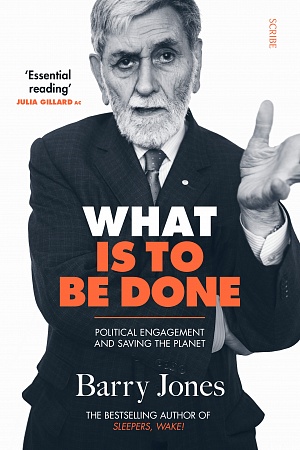Fatal Attraction: Reflections on the alliance with the United States
Black Inc., $24.95pb, 185pp
How to Kill a Country: Australia's devastating trade deal with the United States
Allen & Unwin, $24.95pb, 190pp
Forcing Our Hand
‘Since the end of the Cold War, foreign policy has become economic policy.’ It was March 1999 when I put this cliché du jour to a British bureaucrat handling policy about cultural industries and trade agreements. The World Trade Organisation was young, the New Economy was everywhere, the NASDAQ still had 3000 points to rise. But we were walking across Trafalgar Square, Nelson was watching and I should have known better. ‘That,’ she said tolerantly, ‘is what they told us in 1948.’ As we spoke, NATO forces were at war. Bill Clinton, who had won the first US election since the Cold War by reminding his predecessor about the economy, had decided that force was now required in the Balkans. He’d already apologised for not using it in Rwanda. Two-and-a-half years later, the mutual defence provisions of Australia’s military alliance with the US would be activated for the first time. The Cold War was over, but there would be plenty for diplomats to talk about besides trade deals and prosperity. Later in 1999, the collapse of the Seattle ministerial meeting of the WTO showed that even economic policy was going to be hard work.
Fatal Attraction is an inquiry into Australian foreign policy, particularly the American alliance. How to Kill a Country investigates the new economic arm of that alliance, the free trade agreement finalised earlier this year. Together, the books tell a story of the transformation of strategic and trade policy in Australia and the US since the late 1990s. Foreign policy and force are back, with economic policy a wholly owned subsidiary.
Continue reading for only $10 per month. Subscribe and gain full access to Australian Book Review. Already a subscriber? Sign in. If you need assistance, feel free to contact us.
















Leave a comment
If you are an ABR subscriber, you will need to sign in to post a comment.
If you have forgotten your sign in details, or if you receive an error message when trying to submit your comment, please email your comment (and the name of the article to which it relates) to ABR Comments. We will review your comment and, subject to approval, we will post it under your name.
Please note that all comments must be approved by ABR and comply with our Terms & Conditions.